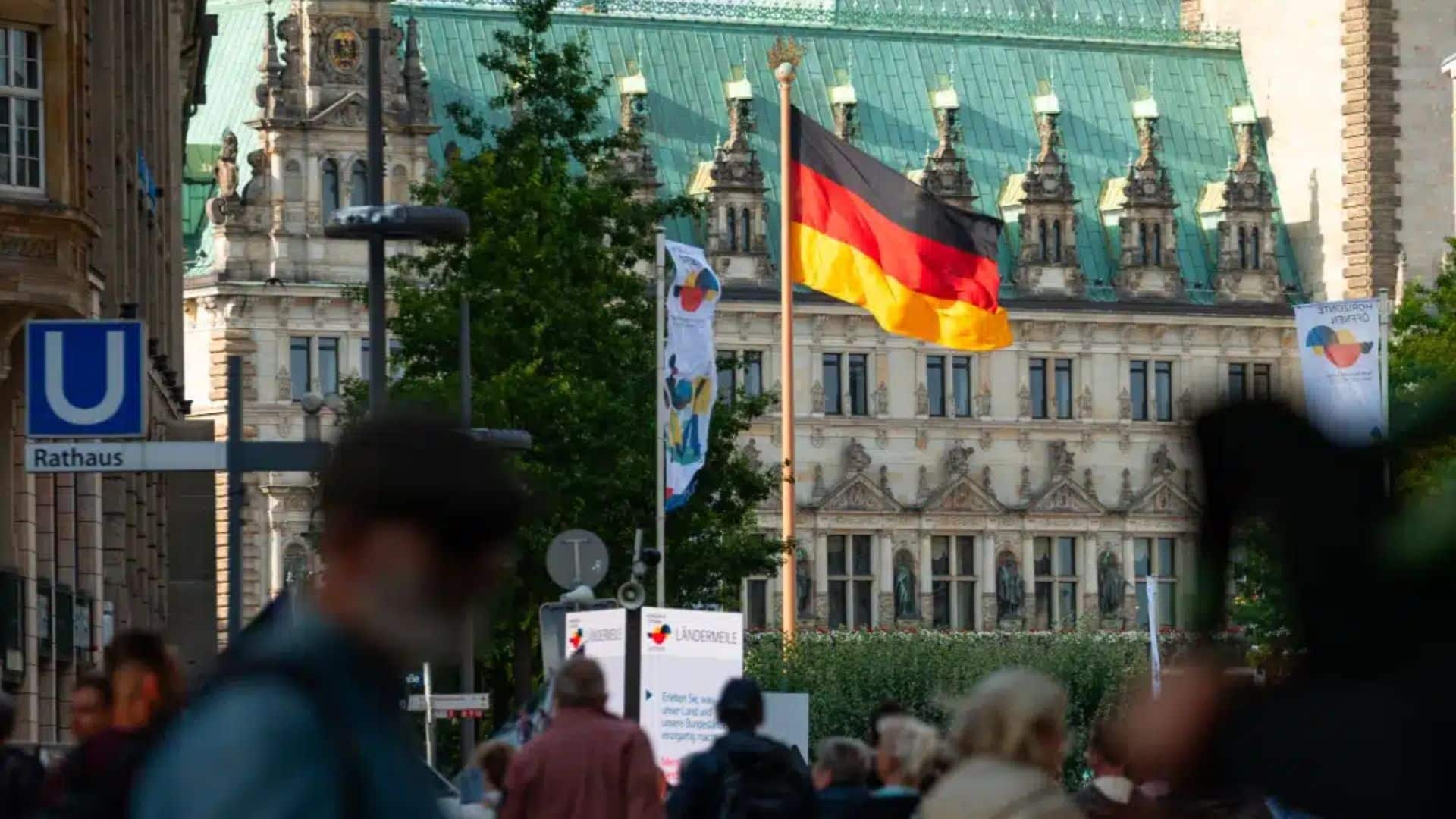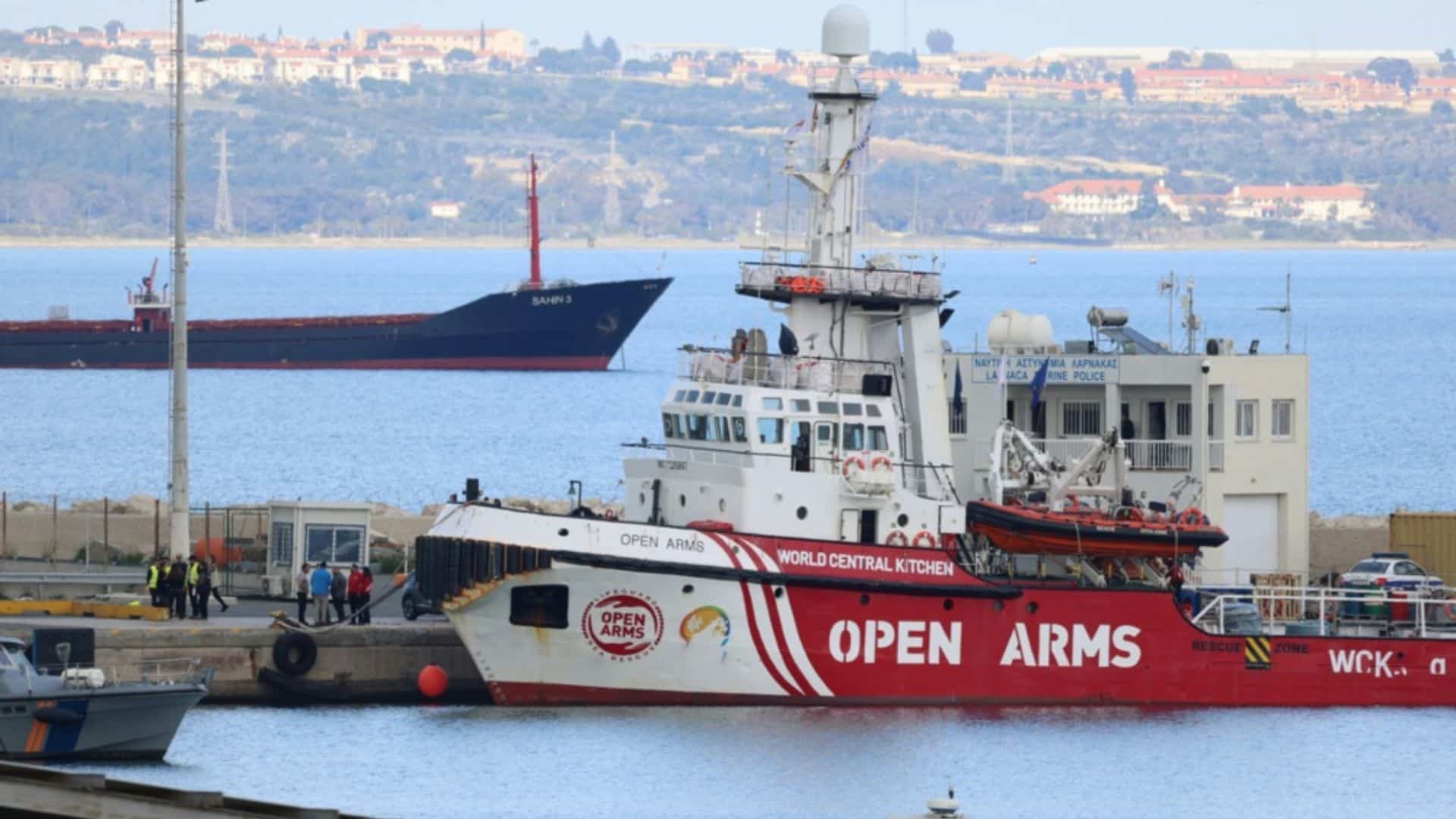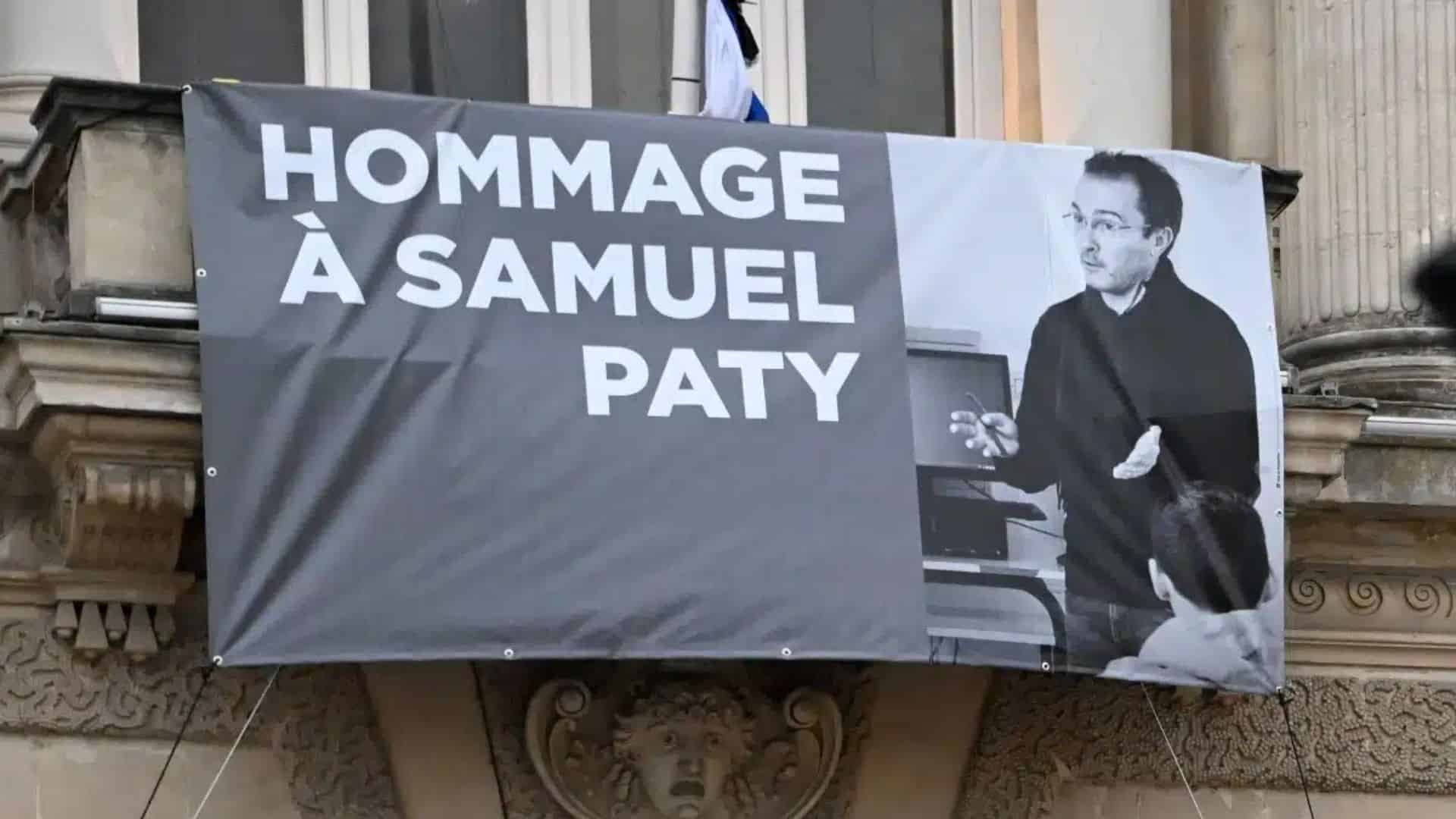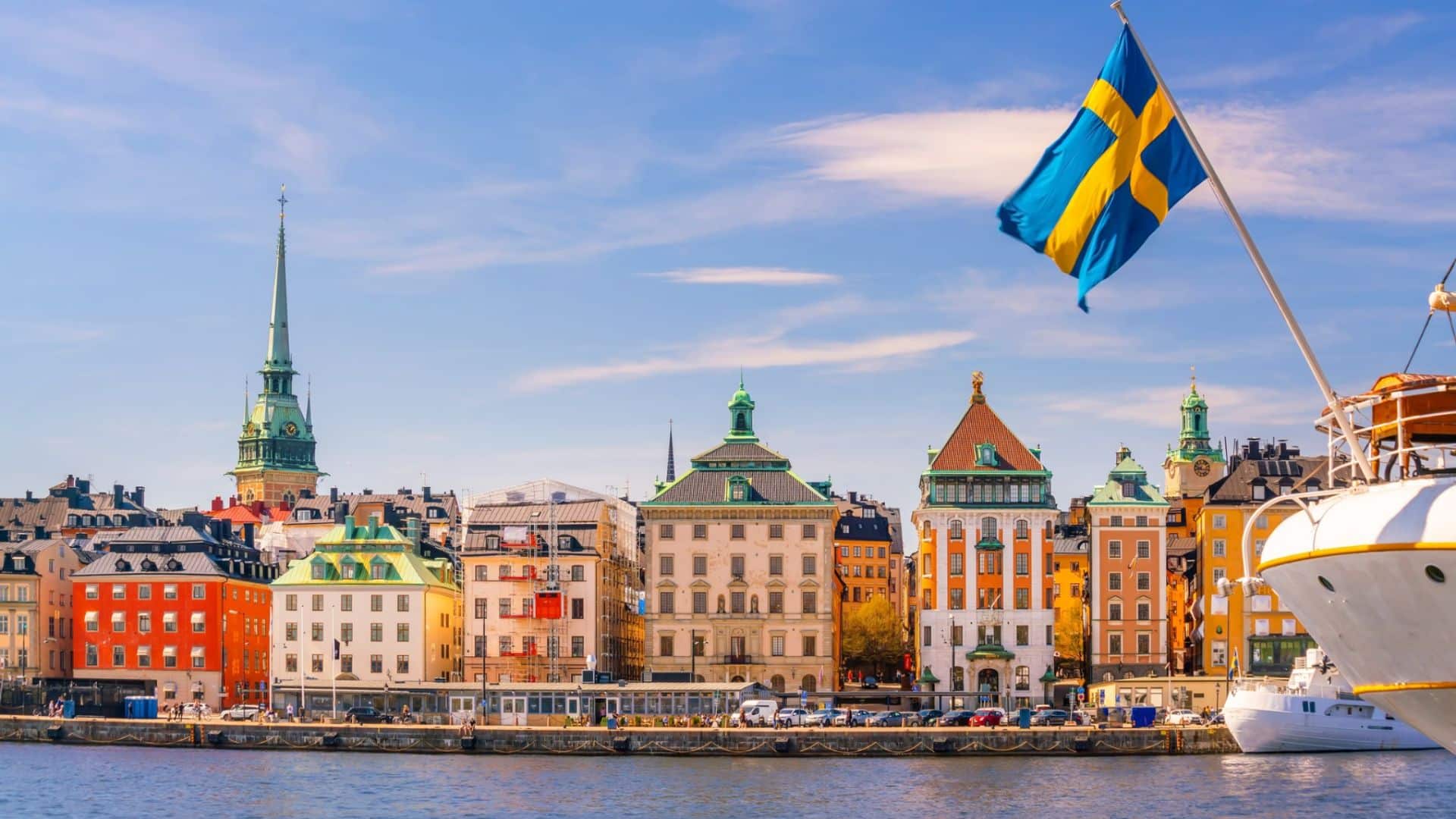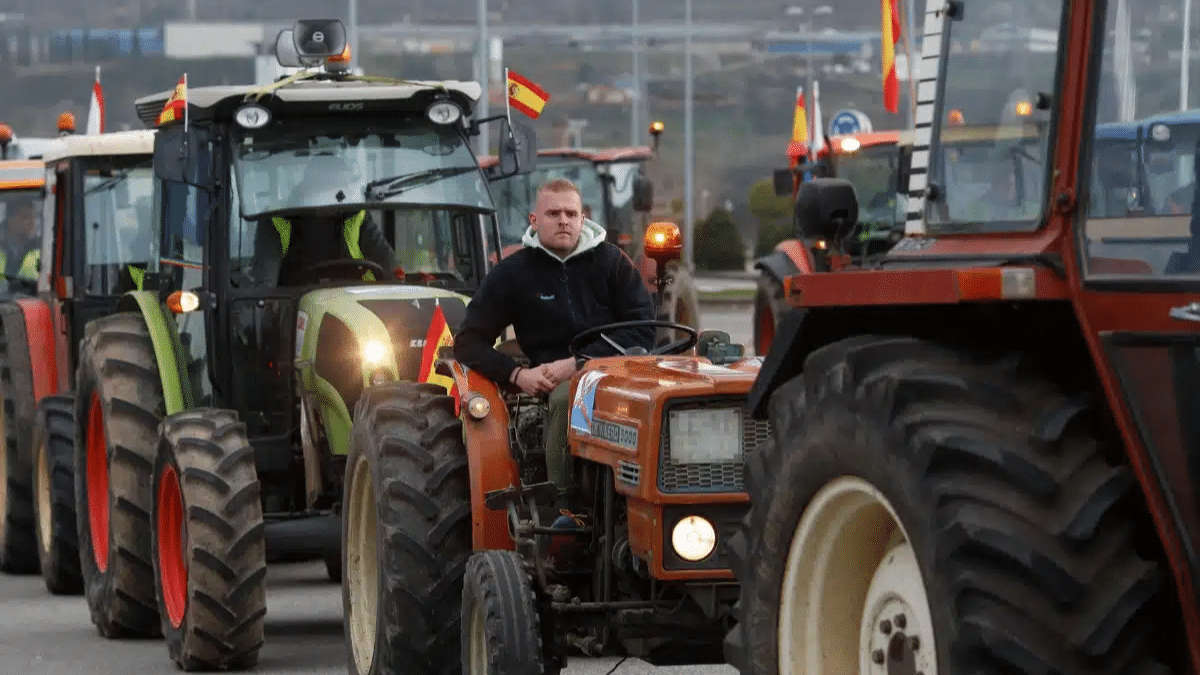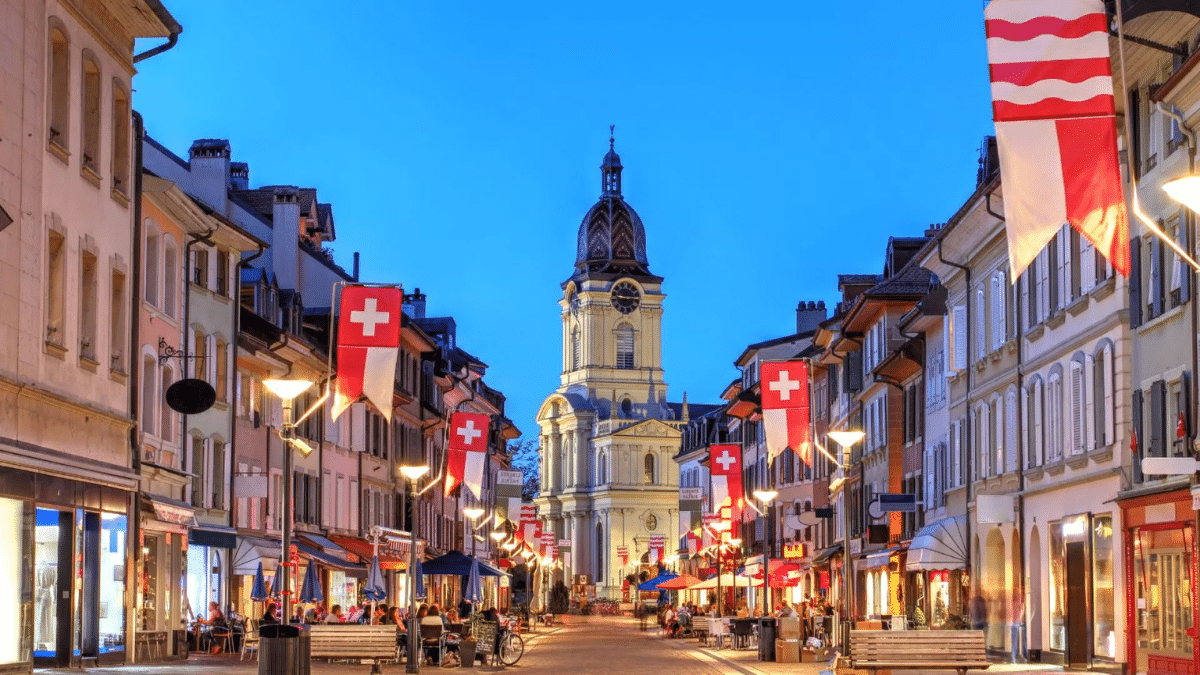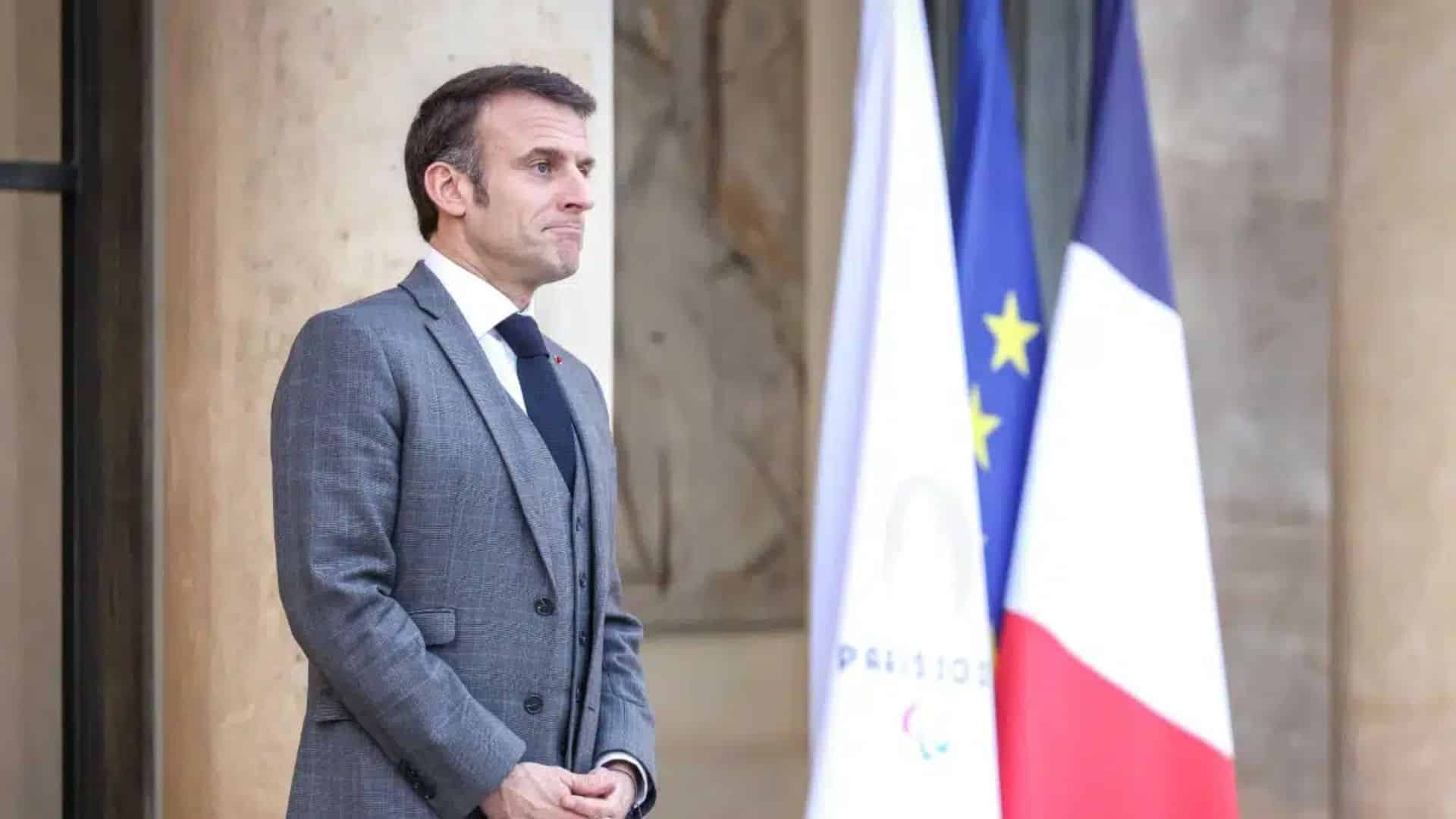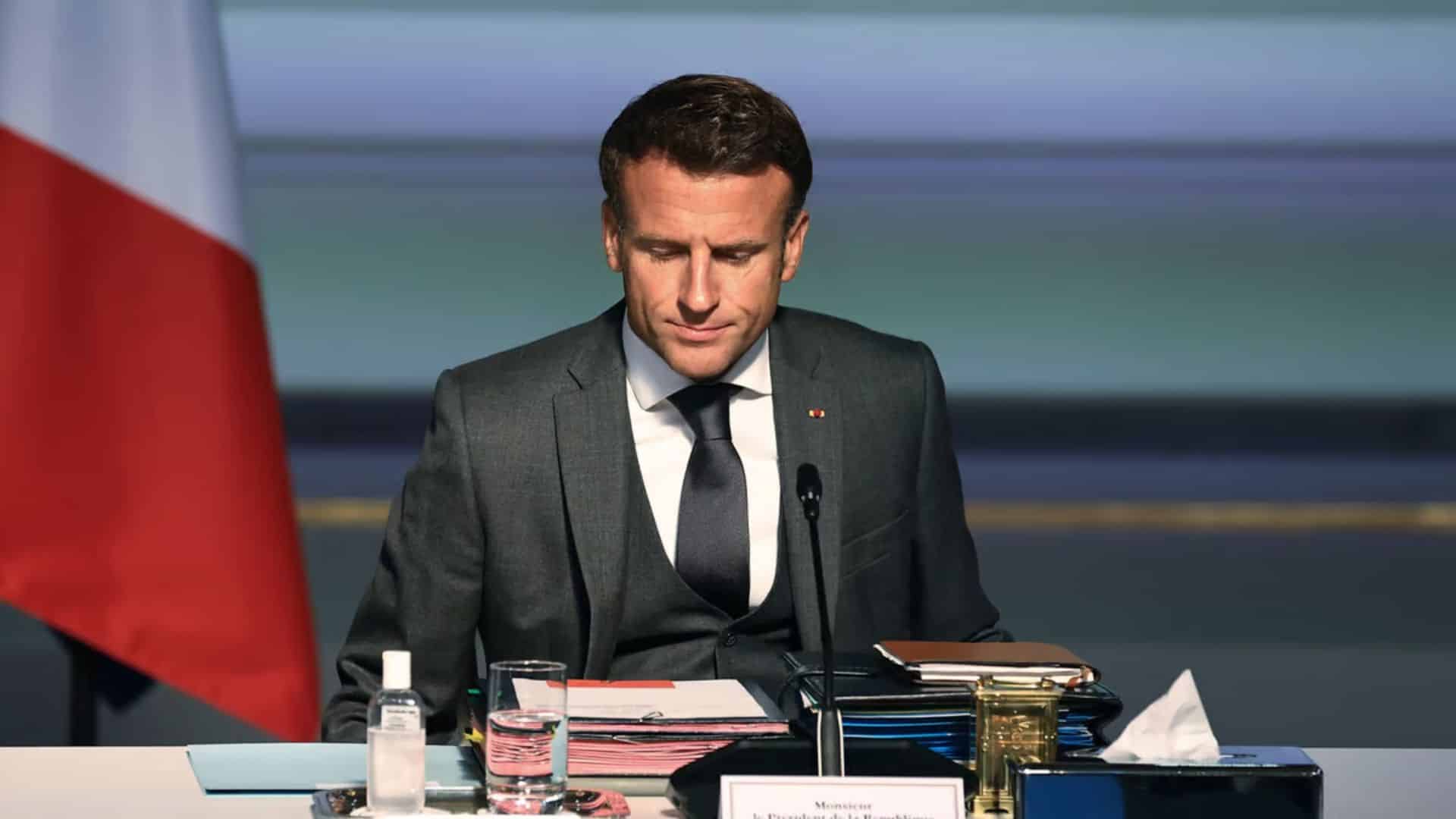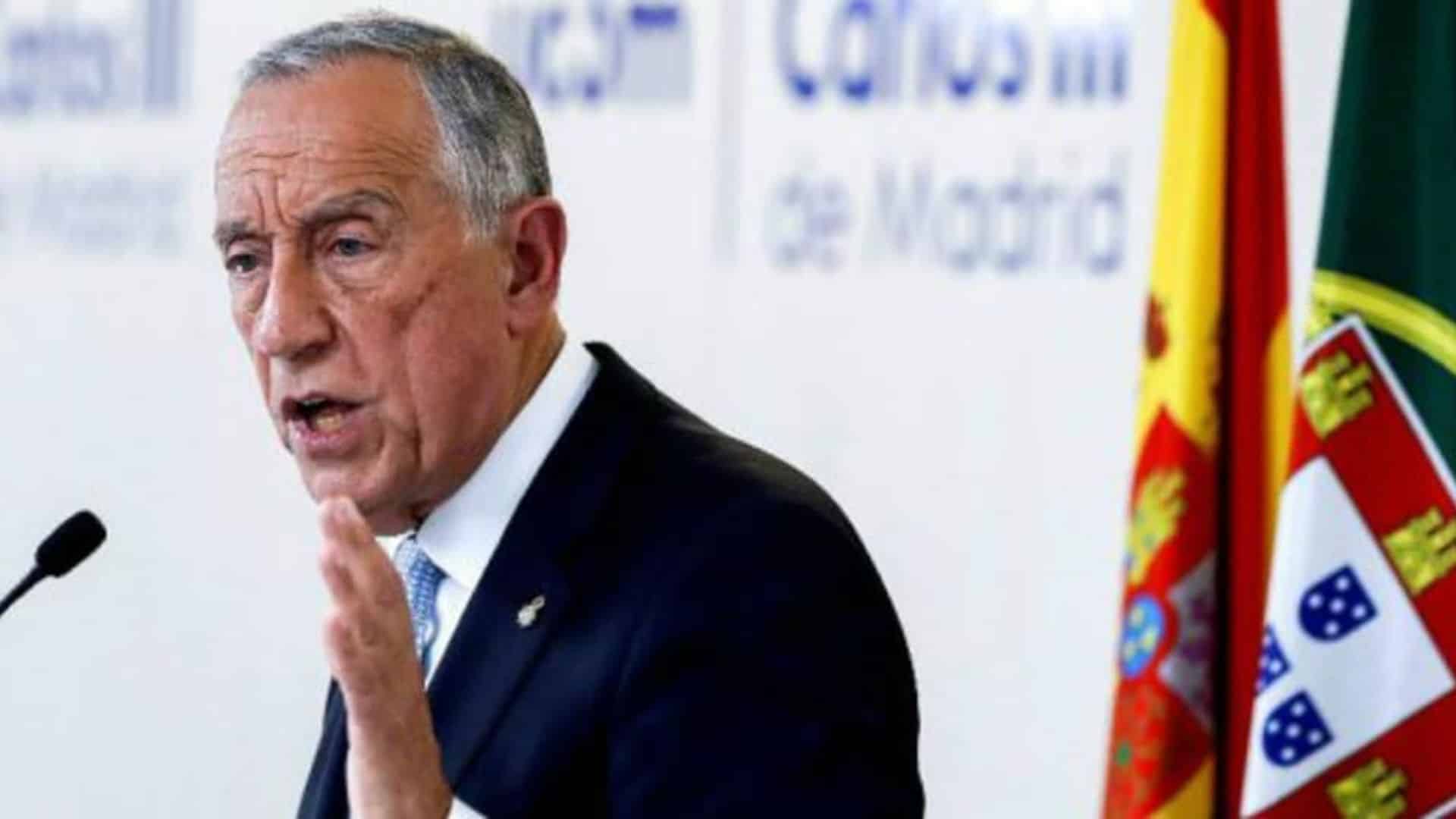
Portugal’s president vetoes socialist housing law due to lack of credibility and consensus
Portugal’s president, Marcelo Rebelo de Sousa, has vetoed the main diploma of the housing law promoted by the absolute socialist majority, which included measures such as the forced rental of unoccupied houses or limitations on tourist flats.
In a letter sent to parliament and released on Monday by the Portuguese presidency, Rebelo de Sousa argued that the housing law, “in simple terms, it is not easy to see where the promised supply of housing for housing will come from effectively and quickly”.
“Neither in forced renting, nor in local housing, nor in the involvement of the state, nor in its support for cooperatives, nor in the concrete means and deadlines for action, nor in the total absence of a regime of agreement or minimum party consensus, is this diploma sufficiently credible in terms of its implementation in the short term,” he added.
He further criticised that the presentation of this package “ended up polarising” the debate on forced renting and local housing, “extinguished other proposals and measures” and “made a desirable regime agreement on housing, outside and inside the Assembly of the Republic, very difficult”.
The programme, presented in February to respond to Portugal’s housing crisis and with an estimated investment of 900 million euros, was approved in Parliament at the end of July with only the Socialists, who govern with an absolute majority, voting in favour, and after including a dozen proposals from other parties.
With the exception of the socialists, everyone in Portugal has demonstrated against the housing law.
Even so, it had not succeeded in silencing criticism from opposition parties, mayors, associations and even the Portuguese president, who weeks ago said he thought it was “inoperative”.
Among the most criticised measures is the forced rental of unoccupied homes, although holiday homes, those of emigrants or those that are empty because the owner is caring for a family member or away for professional, health or training reasons are not included.
They also wanted to limit tourist flats and suspend new licences, with the exception of rural areas, Madeira and Azores archipelagos and “low density” municipalities and neighbourhoods.
Tourist flats would have to pay a special tax, which would be set at 15%, and the Golden Visa regime, which grants residency in exchange for investment, would also be ended, among other measures.
Access to housing has become a problem in Portugal, where prices have risen by almost 75% in the last decade.



